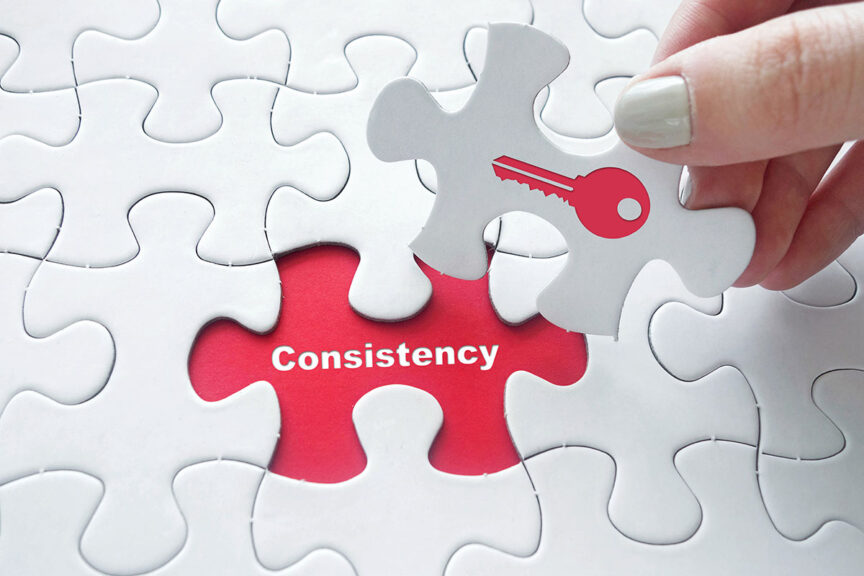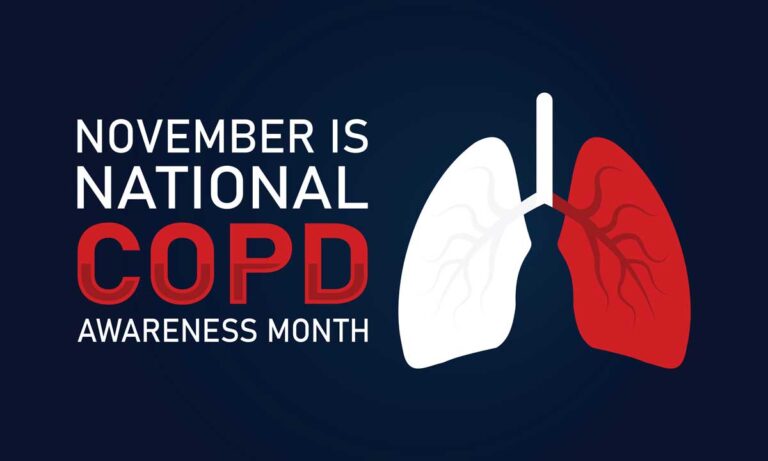
Legendary Alabama football coach, Nick Saban, was interviewed about an upcoming game with the University of Tennessee. He was asked, “Are you concerned about the 100K screaming fans and their influence on your team?” He replied “Fans don’t catch passes, run routes, block defenders, or kick field goals. We do. He knew win or lose, the responsibility fell on them, not the crowd.
Many organizations (businesses, churches, teams, government, etc.) have great people, clear processes, clear strategies and exceptional training—but yet, many lack success. Generally, the issue is a lack of focus on foundational essentials that impact performance such as the need to have an organizational laser focus on a shared vision, consistency and teamwork.
When analyzing the success (or failure) of an organization, it is easy to look at the shortcomings of other people on the team. And while there is merit in that (especially if you are in leadership), it is critical to look in the mirror first. Are you modeling what you want your team to follow? Are you asking them to do things you are not doing? Does your team consider you to be a consistent person in good seasons and difficult ones, when you are up against critical, and everyone is not cheering you on.
We often ask our team members to take a moment to consider their:
And more importantly, would those closest to you agree with your assessment? And for any areas where there might be a mismatch, do you seek wise counsel to improve or balance whatever might be causing inconsistency?
There are three main reasons someone might be inconsistent at work.
- Motivation – you really don’t have a big enough “Why” to do whatever it takes to be successful. You draw a paycheck and go through the motions each week.
- It may be time to ask yourself why you took the position, what brings you joy, what are you hoping to accomplish still and what is hindering your joy.
- Practically it may help to get more involved at work. Make friends, set goals, and embrace your department’s KPI (Key Performance Indicators).
- Have some fun when possible. You should enjoy what you do!
- Big Picture – you may be motivated but really don’t know where you fit into the larger strategy of the company.
- Ask your boss for information on the company at large or review meetings that might be on a shared drive.
- This should give you a sense of what the company has accomplished and where we are going quarter to quarter.
- Capabilities – you may be motivated, and you may understand where we are going but you simply may be in the wrong position, or you need more training.
- Talk to your supervisor. If you think you need more training to flourish in your position do not be afraid to ask.
- If you are unsure where to begin, ask them where they think you can increase in efficiencies and competencies.
- Consider talking with HR about taking a strengths assessment test and seeing where your natural gifts lie.
- See if there is another opportunity in the company that is a better fit matching your strengths and passions.
We are all capable of being inconsistent in our behavior at times. We are imperfect people. And sometimes we are also tasked with supervising imperfect people. Consistency starts with first with each of us. And when we are charged with influencing an entire team, we must model consistency as well as encourage an environment that is always seeking ways to be more consistent, more passionate, and more successful.















